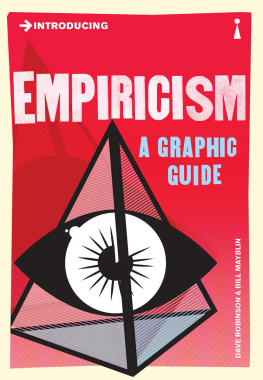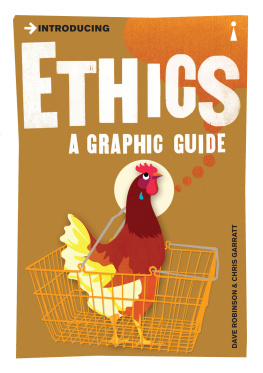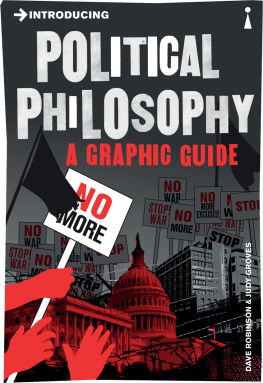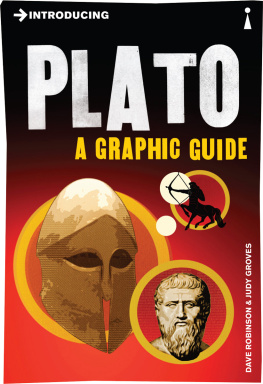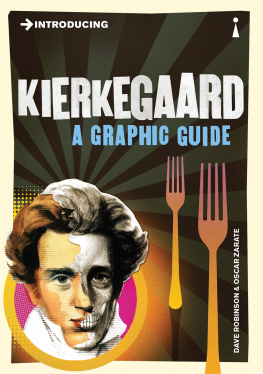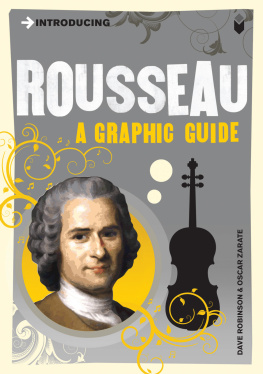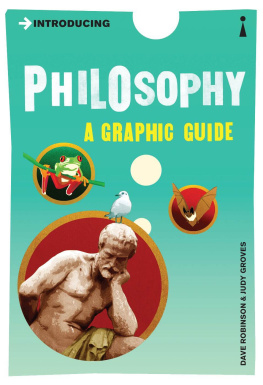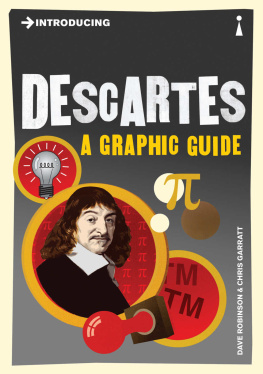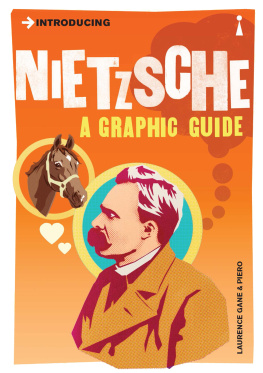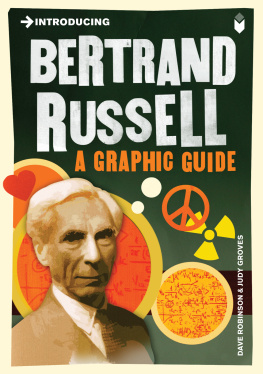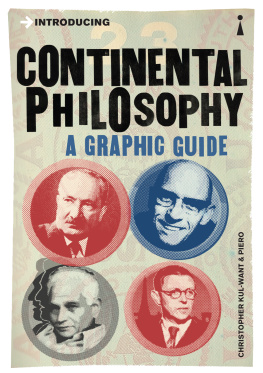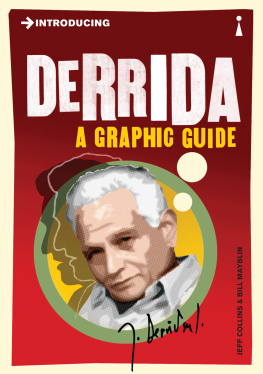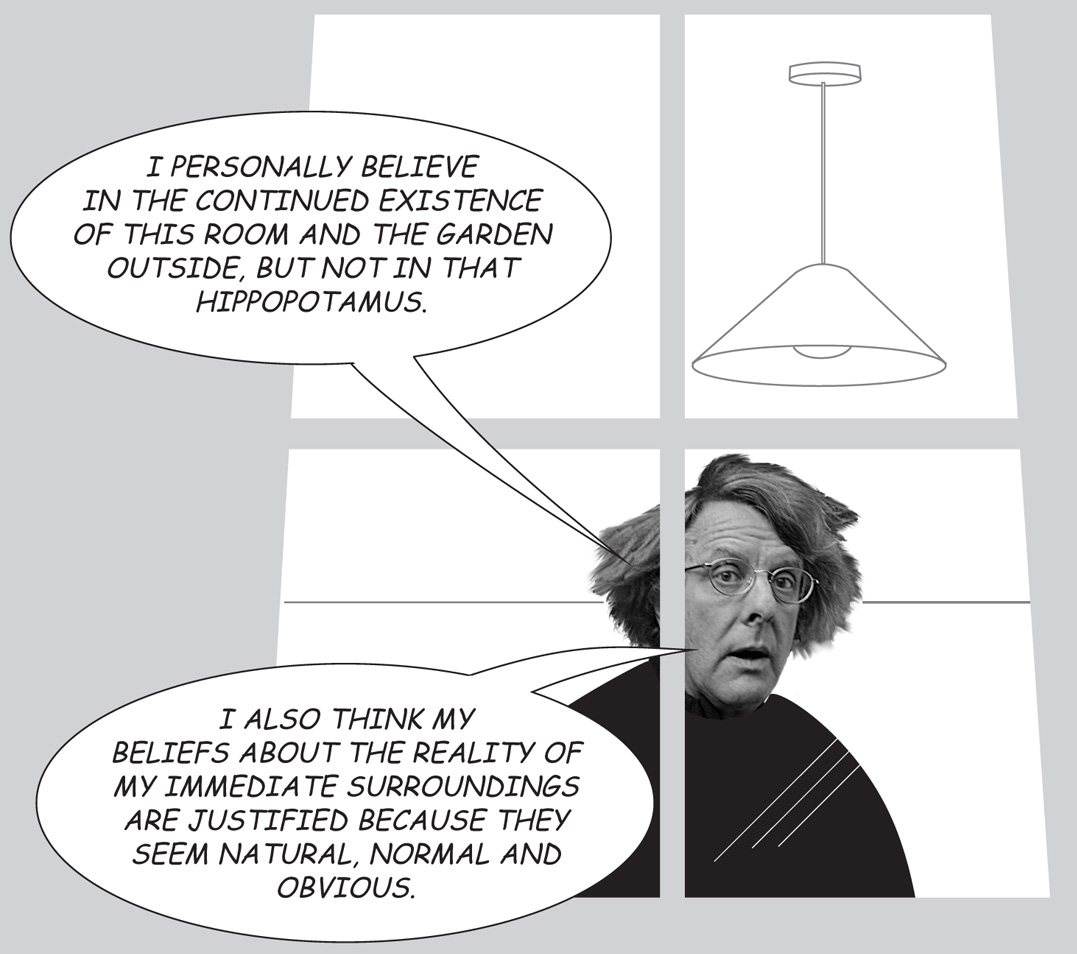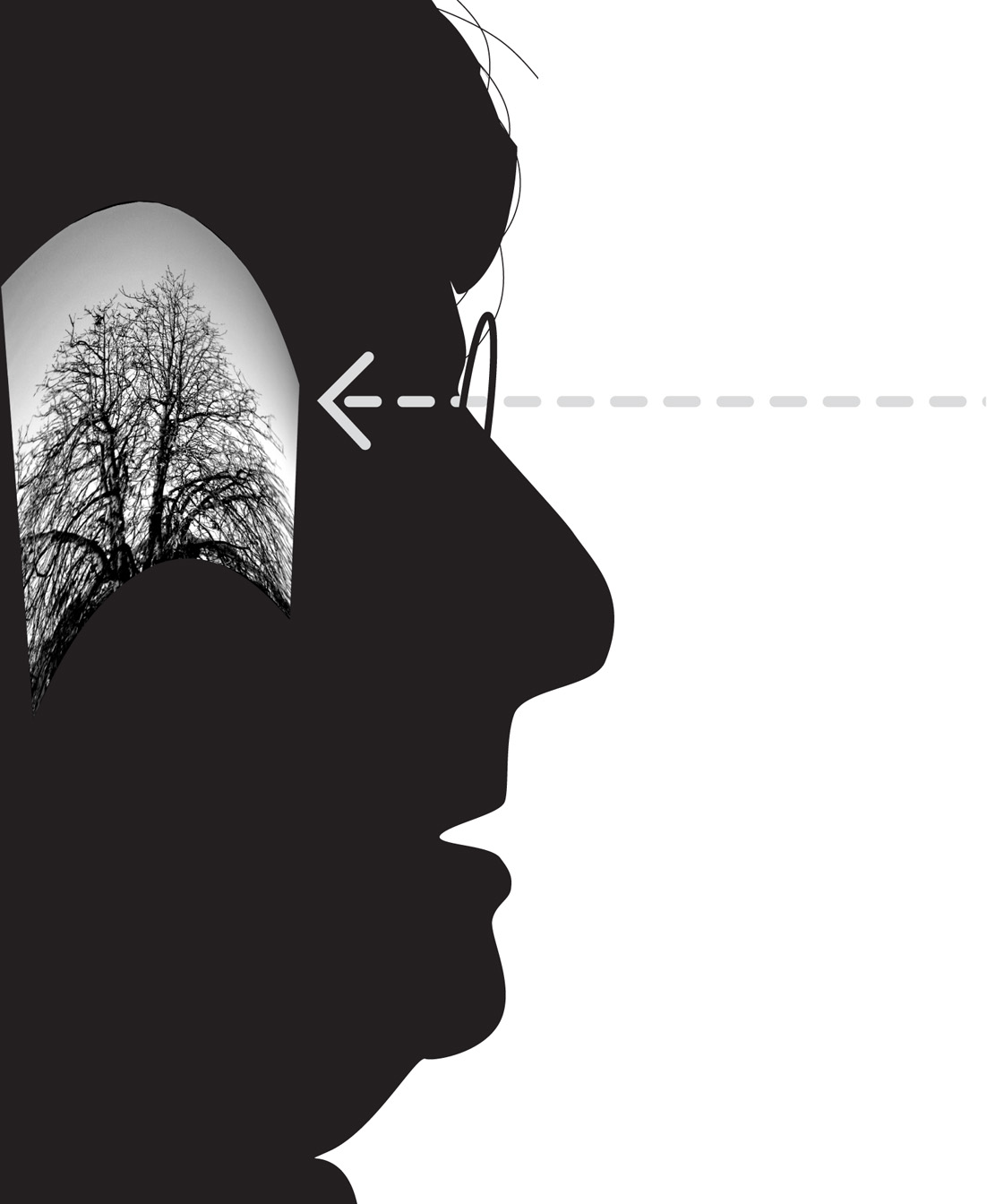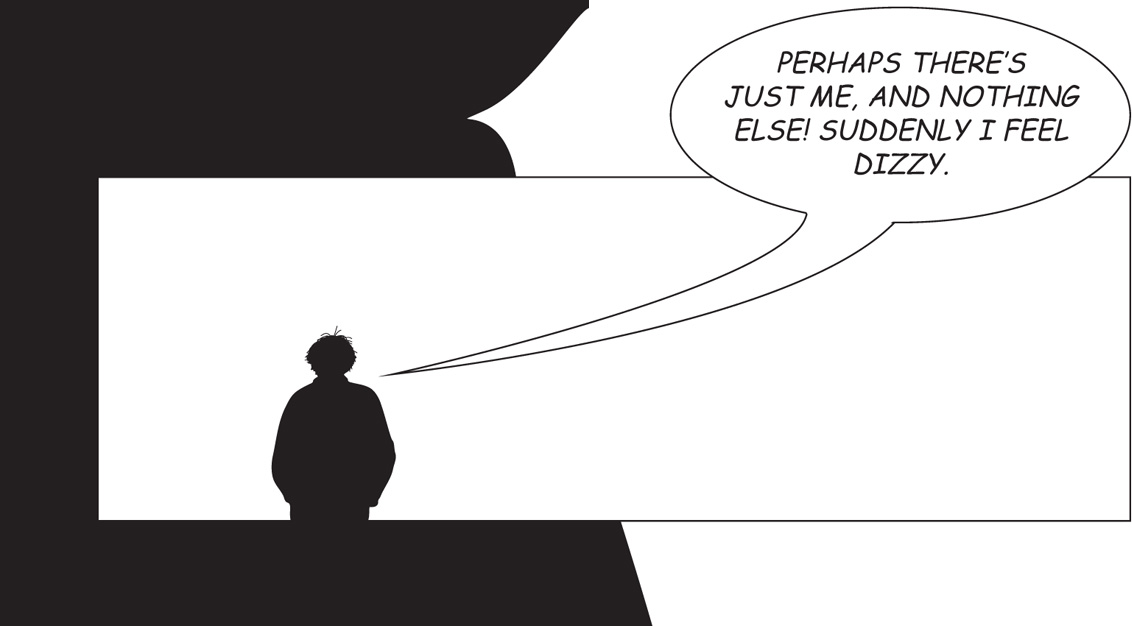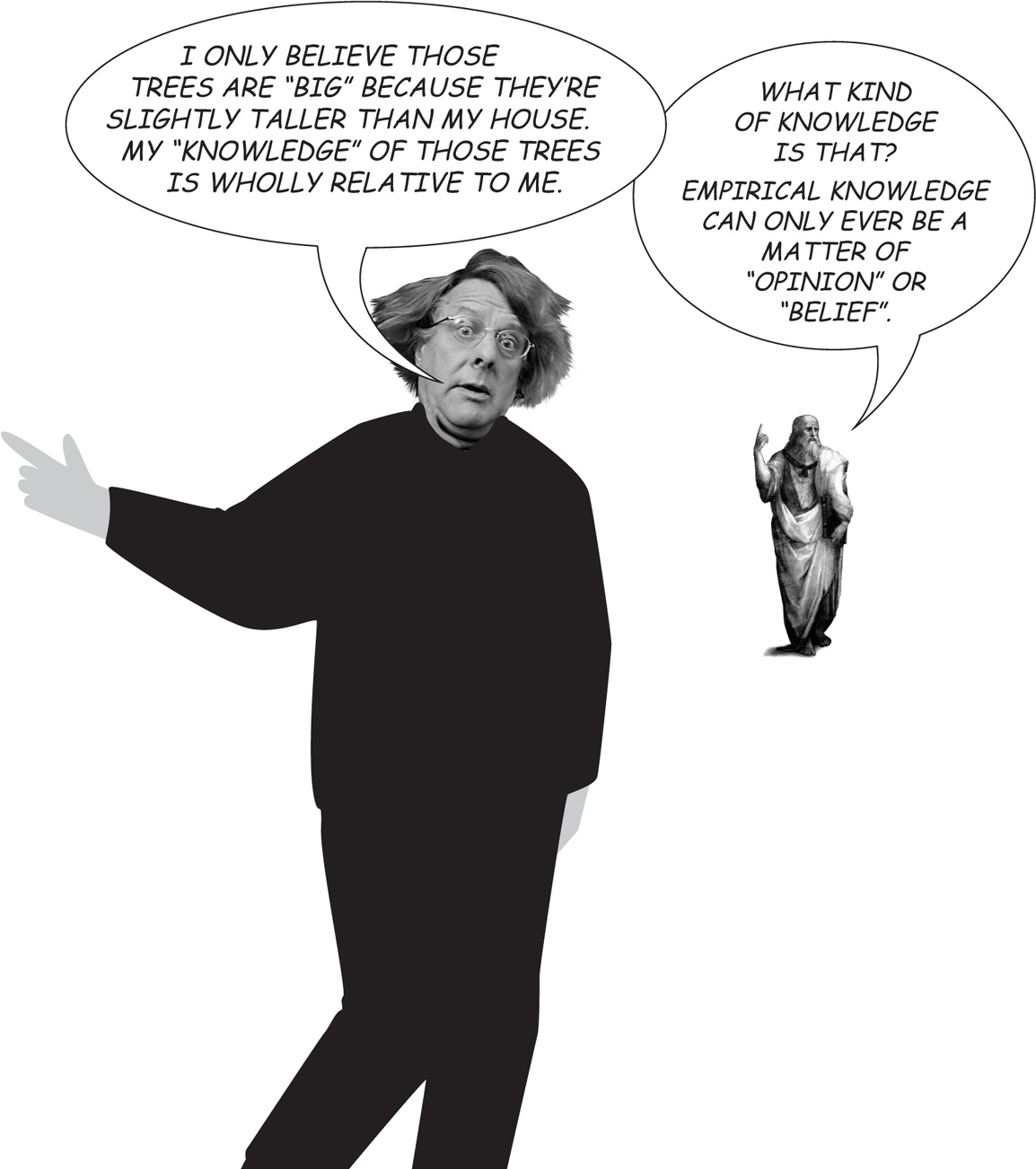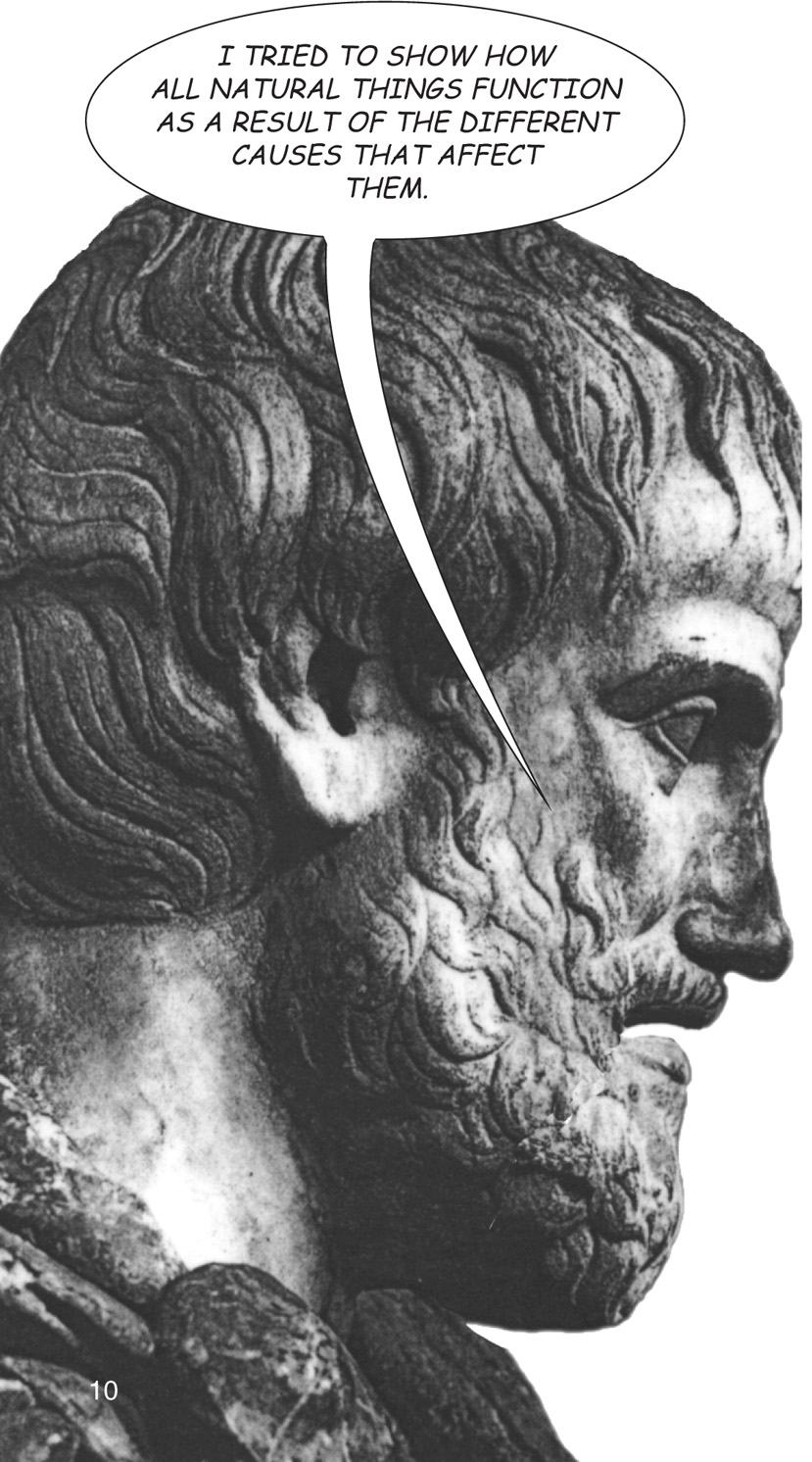Thats enough to convert my beliefs into knowledge. But there is always a slight possibility that I am wrong. The world might not be as I believe it to be. Problems like these worry philosophers called empiricists, because they think that private sensory experiences are virtually all weve got, and that theyre the primary source of all human knowledge.
One thing we do know is that our senses sometimes mislead us. White walls can appear yellow in strong sunlight. Surgeons can stimulate my brain so that I see a patch of red that isnt there. I can have hippopotamus dreams, and so on. My sense experiences are at least sometimes created by my mind or somehow in my mind. These comparatively rare mistakes have led many philosophers to insist that all my perceptions are mediated.
WHEN I LOOK OUT OF THE WINDOW, AT THOSE TREES, IT SEEMS TO ME THAT I SEE THEM AS THEY ARE, DIRECTLY.
But I dont. What I see is a wonderful illusion created by my mind. Of course, I am totally unaware of that fact because my perceptions seem so natural, automatic and rapid. Psychologists tell me that what I actually see is a kind of internal picture, and they devise all sorts of tests and puzzles to prove it.
Originals and Copies
They say that the trees provide me with a tree sensation in my mind, and its that which I see, not the trees themselves. If that is true, then all I ever see are copies of those trees, which I assume are very similar in appearance to the originals.
But, if I think about this even harder, then I realize I have no way of telling how accurate these copies are, because I cannot bypass my mind to take another closer look at the originals.
Perhaps the original trees are nothing like the cerebral copies at all, or worse still, dont even exist!
The more I think about perception, the weirder it becomes, and the more I realise that I must be trapped in my own private world of perceptions that may tell me nothing about what is out there.
PERHAPS THERES JUST ME, AND NOTHING ELSE! SUDDENLY I FEEL DIZZY.
Questions Lead to Uncertainty
This kind of unnerving conclusion is typical of philosophy. You ask simple questions which lead to unsettling bizarre answers.
THAT WHICH I KNEW, I NOW DO NOT KNOW AT ALL. SO IS THERE ANYTHING AT ALL I CAN BE SURE ABOUT?
If there isnt, how can empiricist philosophers claim that all human knowledge comes from experience? If no one can ever be sure where experiences come from in the first place, how reliable are they?
To Begin at the Beginning
Empiricist philosophy is relatively new. Philosophy as such began very differently, with some ancient Greeks called Pre-Socratic philosophers who emphasized the differences between appearance and reality. They said that what we see tells us very little about what is real. True knowledge can only come from thinking, not looking. The first truly systematic philosopher, Plato (427347 B.C.E.), agreed that empirical or sense knowledge is inferior because it is subjective and always changing.
I ONLY BELIEVE THOSE TREES ARE BIG BECAUSE THEYRE SLIGHTLY TALLER THAN MY HOUSE. MY KNOWLEDGE OF THOSE TREES IS WHOLLY RELATIVE TO ME. WHAT KIND OF KNOWLEDGE IS THAT? EMPIRICAL KNOWLEDGE CAN ONLY EVER BE A MATTER OF OPINION OR BELIEF.
Plato turned to mathematics instead. Unlike my trees, numbers are abstract, immune from physical change, the same for everyone, and have a permanence, certainty and objectivity that empirical knowledge lacks. Plato believed that real knowledge had to be like mathematics, timeless and cerebral.
Aristotle and Observation
Platos famous student, Aristotle (384322 B.C.E.), disagreed. He thought that it was important to observe the world as well as do mathematics.
I TRIED TO SHOW HOW ALL NATURAL THINGS FUNCTION AS A RESULT OF THE DIFFERENT CAUSES THAT AFFECT THEM.
Aristotle was not a very methodical scientist by our standards. His observations were often tailored to fit his complex metaphysical theories. Much of what he called physics was proved wrong.

